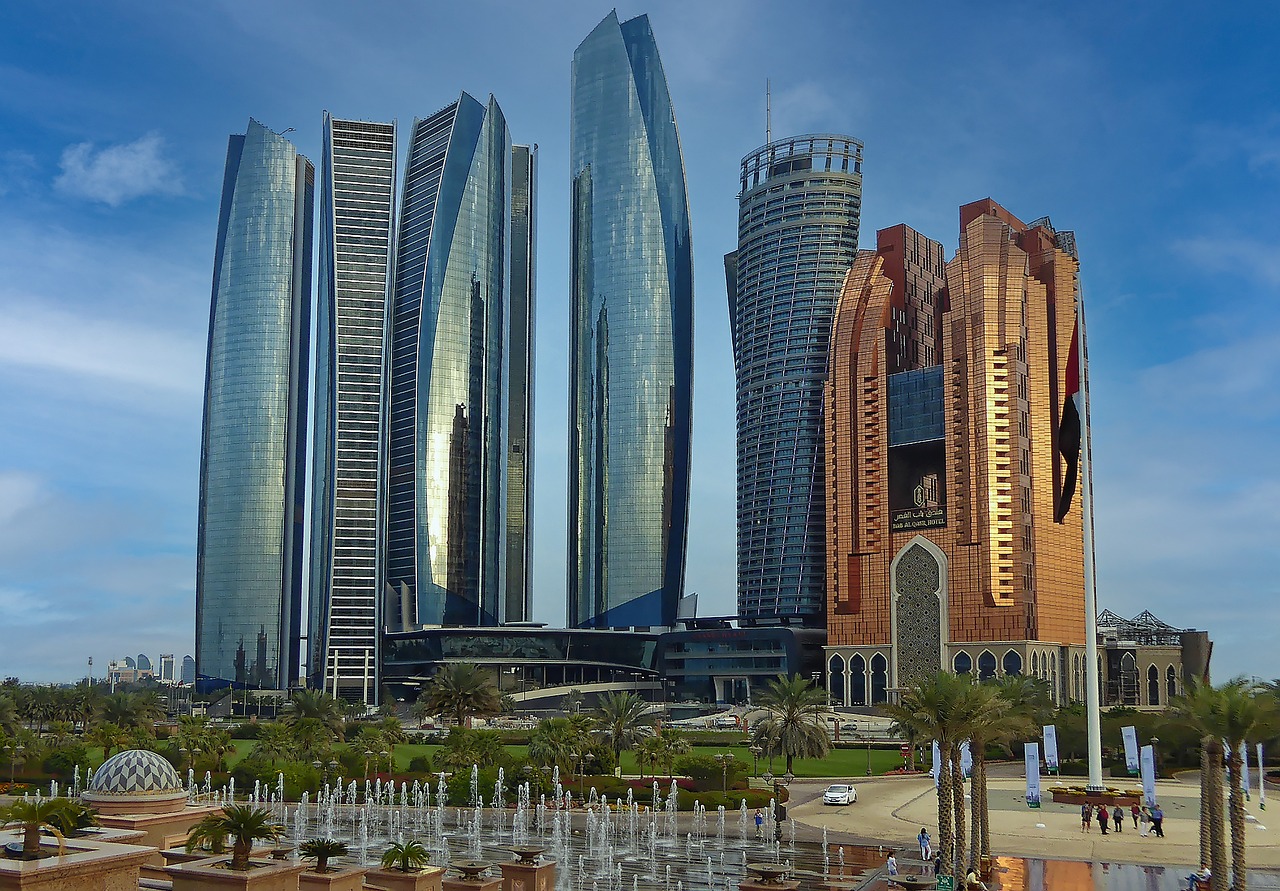United Arab Emirates – Masdar, Mitsubishi Chemical Group Corporation (MCG) and Inpex have joined forces to conduct a feasibility study for a groundbreaking carbon recycle chemicals project in Abu Dhabi.
This project aims to produce the world’s first commercial-scale polypropylene using CO2 and green hydrogen. The agreement was announced during the JAPAN-UAE Business Forum in July 2023.
The feasibility study (FS) will assess the viability of the carbon recycle chemicals project, specifically focusing on the production of polypropylene from e-methanol via propylene. The study will analyze project economics, measure CO2 emission reduction, and evaluate the entire process from feedstock procurement to the production of e-methanol, propylene, and polypropylene.
Methanol is a crucial chemical used in various industries, and the demand for cleaner marine fuel like e-methanol is increasing. Polypropylene, a widely used plastic material, is employed in the manufacturing of essential daily products. The e-methanol and polypropylene produced through this project will have lower life-cycle CO2 emissions compared to conventional products, making them more environmentally friendly.
Through the feasibility study and the subsequent development of the carbon recycle chemicals project, Masdar, MCG, and Inpex aim to contribute to the decarbonization efforts of various industries and reduce their carbon footprints.
Profound impact
While the partnership between Masdar, MCG, and Inpex holds great promise for the production of polypropylene from CO2 and green hydrogen, there are several challenges that need to be addressed. These include scaling up the technology to achieve commercial production, ensuring cost competitiveness with conventional polypropylene, and establishing a robust supply chain for feedstock materials like hydrogen and CO2.
The success of the feasibility study and subsequent implementation of the carbon recycle chemicals project could have a profound impact on the industry. By utilizing CO2 and green hydrogen, this project has the potential to significantly reduce greenhouse gas emissions and contribute to the global efforts to combat climate change. Furthermore, the production of polypropylene with lower CO2 emissions can help drive the transition towards a more sustainable and circular economy.




